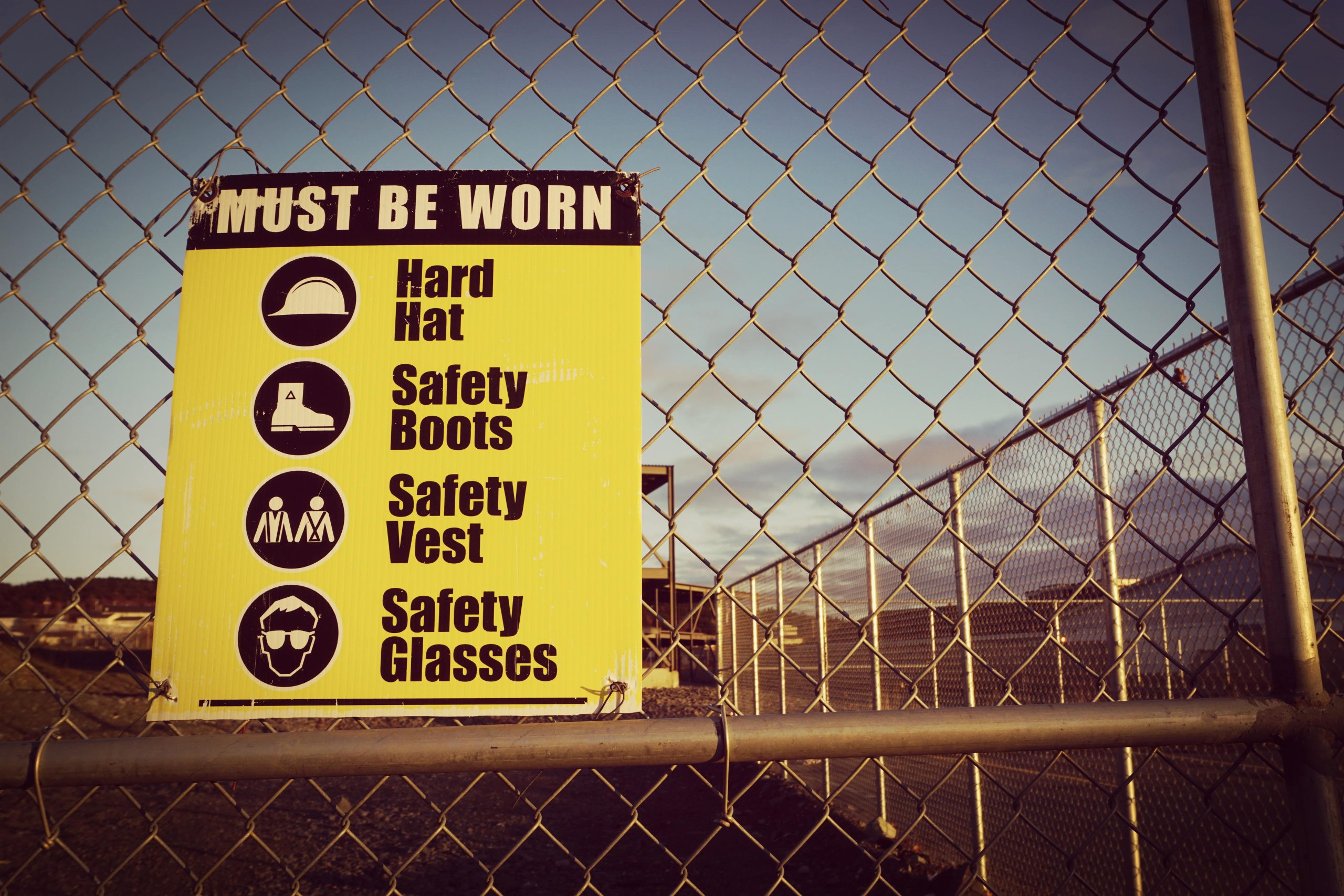There's a long history of people rethinking their careers in response to technological advancements. The Industrial Revolution moved people from the farm to the factory, the digital evolution caused an explosion in IT-related roles, and the rise of social media made “influencer” a plausible career (at least for a time).
Now that we’re in the middle of the AI revolution, it's worth asking: what career changes will this change bring? And while there’s no agreed-upon answer, one possibility is the shift from white-collar to blue-collar careers.
According to a 2025 FlexJobs report, somewhere around 62% of white-collar professionals are open to switching to trade jobs for more stability and pay. Among younger generations, there seems to be a small but steadily growing interest in these careers: vocational enrollment has risen by 4.6% from 2019 to 2024, and while blue-collar share of employment among young workers aged 20 to 24 has risen since 2020.
While AI seems to be closing the door on some entry-level knowledge jobs (or at least starting to shut it), skilled trades are facing a job shortage that makes these careers more competitive and well-paying. Let's look at how the perception of trades is changing, and whether this could be a good career option for you.
Key Takeaways
- Blue-collar careers are gaining traction as AI reshapes white-collar work, with many professionals reconsidering trades for stability, competitive pay, and long-term opportunity.
- Skilled trades are becoming more technical, with advancements like AI, robotics, and digital tools transforming roles into high-skill, tech-enabled careers.
- Economic and career pathways are strong, offering solid earning potential, reduced student debt, structured progression, and entrepreneurial opportunities for those entering the field.
Has the Perception of the Skilled Trades Changed?
At least for the past few decades, white-collar careers have been a more appealing choice than blue-collar. Some of this has to do with the stereotypes and stigmas that the industry is working to shed, namely ones that emphasize manual labor and deemphasize the skilled, technical aspects of the trades.
At the same time, the industry has undergone quite a few changes that are changing what it means to work in these spaces:
- Wages for skilled construction roles have increased significantly, outpacing many industries with a 4% rise over 12 months
- AI, robotics, drones, additive manufacturing, IoT sensors, and other technological advancements are turning modern tradespeople into technicians and problem-solvers
- In-demand competencies for skilled tradespeople now include data literacy, digital collaboration, familiarity with AI and robotics integration, and ability to use immersive technologies for training and project execution
- Workers are obtaining focused credentials in emerging tech like construction robotics, drone operation, AI-based project management platforms, and BIM (building information modeling) software
In-demand roles and skills are evolving in construction, manufacturing, or other sectors. As a result, the industry is not only attracting a new generation of construction workers, but offering a viable option for people in white-collar jobs who are looking for a change.
What Are the Economic Realities of Blue-Collar Work?
Blue-collar, skilled-trade work often carries with it the connotation of low pay and a working-class lifestyle. Although many workers in this field make a modest (though livable) income, that picture represents an earnings floor, not a ceiling.
Indeed, many roles within the sector offer stable, long-term career paths, with some companies even offering benefits like health insurance, retirement plans, and paid time off. What’s more, field jobs often offer competitive wages, especially for roles that require high skills.
Here’s a breakdown of what to expect if you choose a blue-collar career path:
|
Earning potential |
Skilled trades workers can earn competitive wages, often averaging $36 per hour, with pay increasing as expertise is gained. Certain specialized trades (e.g., electricians, welders) can out-earn many white-collar workers, especially at senior levels or in areas with labor shortages. |
|
Education & student debt |
Many tradespeople avoid the significant student debt associated with college degrees. |
|
Job security |
Demand for skilled trades remains strong due to retirements and infrastructure spending, providing certain jobs with stability. However, the project-based nature of construction work means some variability, with many workers preferring full-time employment or long-term contracts for stability. |
|
Career path & advancement |
Many blue-collar jobs offer structured career pathways that begin with apprenticeships or vocational training, followed by progression to journeyman or skilled worker status, and eventually lead to supervisory or managerial roles. |
What is the Typical Career Progression of a Blue-Collar Worker?
The exact career progression of a typical blue-collar worker varies by the specific trade in question (e.g. HVAC vs. electrician). However, there are some commonalities among various people in these career paths that are worth pointing out:
- Typical progression. The most common career path in the skilled trades follows Apprentice → Journeyman → Foreman → Superintendent, with each stage increasing responsibility, leadership, and compensation. This journey often spans 10-15 years.
- Management opportunities. There are also numerous paths that lead to management opportunities, combining both technical and business skills. These include roles like project engineer, project manager, construction manager, and director.
- Entrepreneurship. Many tradespeople start their own contracting businesses after gaining experience and industry contacts. This offers financial independence, career control, and leadership outside the traditional employee role.
What Is the Outlook for Blue-Collar Careers?
Given present and future talent gaps, not to mention the fact that demand for construction and maintenance won’t be disappearing, the outlook for blue collar careers looks strong. However, we anticipate that it’s going to change over time.
The increased adoption of AI, automation, BIM, virtual construction, and prefabrication are transforming construction from manual labor to a technology-driven profession. This is resulting in an increased focus on efficiency, safety, and sustainability, while also changing the types of jobs a blue-collar professional can do.
That said, transitioning an entire industry isn’t something that can happen overnight. Indeed, there’s a growing need for people who not only can operate the new technologies effectively, but also understand how to incorporate them into larger, more complex systems and processes. This is easier said than done and contributes to the demand for workers that can operate effectively in both spheres.
Final Thoughts on Choosing Blue-Collar Career
Taking on a blue-collar career is still a choice that cuts against the grain, at least in many parts of the country where the four-year degree path is still the default. True, you could avoid the debt and job insecurity (especially in the wake of AI) that comes with a white-collar career. But there are other considerations: the physical toll, workload, worksite hazards, and more.
However, as the industry evolves, the blue-collar career path is changing. Keep the following in mind when choosing your path:
- Emphasize lifelong learning and flexibility, as you're going to have to work on evolving your skills continuously
- Look for apprenticeships and vocational training to get real-world experience (even while you’re still in a training program)
- Consider the long-term growth and entrepreneurial opportunities available in trades today, as well as the evolving prestige associated with technical expertise
If you’re looking to start or re-start your career in the skilled trades, it’s easier when you have a career partner who knows the ropes. At Skinner, we can guide you through this process and help you find the apprenticeships and jobs that are the perfect fit.
Are you interested in a blue-collar career? Contact Skinner and one of our career experts can help you get started.































